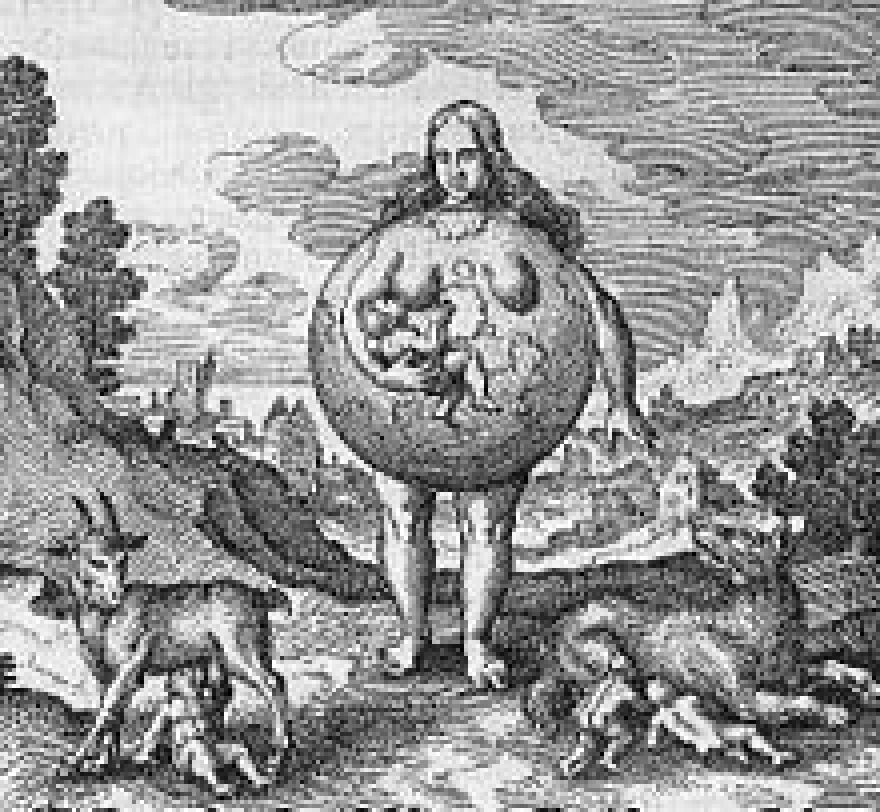This is Denise Low, High Plains Public Radio Book Club discussion leader for Medicine Walk by Richard Wagamese.
“The Earth is a mother who never dies” is a saying from the Diné (or Navajo) people. How true that is in this story. Throughout the book, the bounty of the land is a reliable source of food, especially game and fish.
The hero Franklin Starlight hunts rabbits, grouse, squirrels, and deer. He fishes in the interior British Columbia mountain streams for trout.
As plentiful as the natural resources are, Franklin has a psychological wound — he has no actual mother. She died from complications of childbirth. He does not know anything about her, and this is a quest that moves the plotline. All the main characters are men — Franklin, his father Eldon, and Bunky, the foster father. Yet the women who do appear add to the book’s themes.
Women parallel the condition of the land, which is being metaphorically raped by mining and clear-cut logging. The dishonor to the natural world corresponds to the “fallen” women in the novel who are prostitutes for the mill communities or, at best, camp cooks. As the book unfolds, Franklin’s dying father describes his love affair with the beautiful Angie Pratt, whom he meets in a saloon.
Angie is a symbol of the land. She cooks and nurtures those around her—as a partner and as a camp cook. One of her evening meals is roast deer, leeks, mushrooms, and potatoes (p. 190). Angie, which is short for Angel, has very human aspects as well. She is tough, a survivor, and mixed-heritage (“half” Cree, p. 188). When she dies, she becomes a true angel, as she haunts the imaginations of those who lost her, especially her son Franklin.
Loss of mothers is a repeating theme. The father Eldon explains his own mother’s rejection of him. The hardships started with the loss of his father during World War II. The mother was “lessened” by this loss (p. 83). Eventually, she found a new man, a hostile stepfather to Eldon and a woman beater. She chose him over her teenage son. Angie’s mother died within a few years of becoming a widow when Angie was sixteen. Franklin never knew his mother.
The forest hermit Becka Charlie is the happiest person in this novel. In her abandoned cabin, she is self-sufficient. She cooks meals and gives Franklin medicinal herbs to ease his father’s suffering. She lives most closely aligned with the forest, and she is almost a wood spirit more than a person.
Women appear to be mostly absent in Medicine Walk, but the void is filled with memories of women, their ghosts, and their stories. By the end of this family saga, Franklin Starlight has become an adept forest dweller, He also has learned who he is and stories of both father and mother. He is a complete adult.
I am Denise Low of Lawrence, and this is one of my favorite High Plains Public Radio book club selections.







